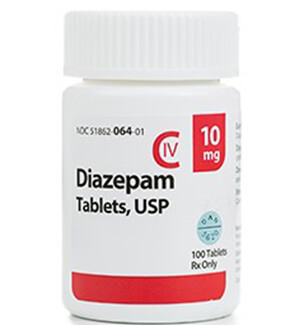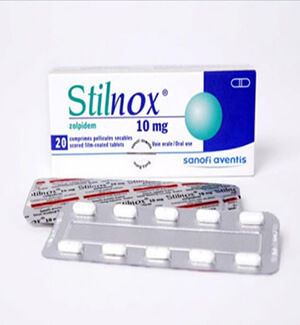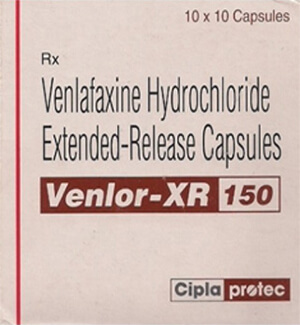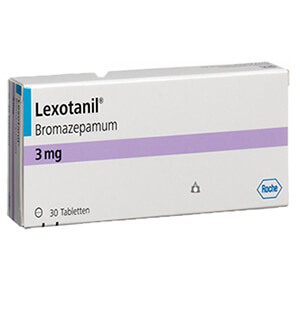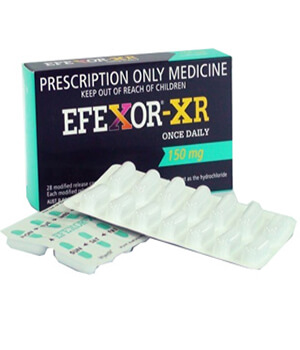Description
Diazepam
Generic Name:?Diazepam Injection (dye-AZ-e-pam)
Brand Name:?Generic only. No brands available.
Before using Diazepam
Some medical conditions may interact with Diazepam . Tell your doctor or pharmacist if you have any medical conditions, especially if any of the following apply to you:
- if you are pregnant, planning to become pregnant, or are breast-feeding
- if you are taking any prescription or nonprescription medicine, herbal preparation, or dietary supplement
- if you have allergies to medicines, foods, or other substances
- if you have glaucoma or a predisposition for glaucoma, liver problems, lung problems or chronic obstructive pulmonary disease (COPD), muscle problems, depression, suicidal tendencies, a blood disease, or a history of alcohol or other substance abuse or dependence
Some MEDICINES MAY INTERACT with Diazepam . Tell your health care provider if you are taking any other medicines, especially any of the following:
- Hydantoins (eg, phenytoin), rifampin, or St. John’s wort because they may decrease Diazepam ‘s effectiveness
- Clozapine, diltiazem, disulfiram,HIV protease inhibitors (eg, ritonavir), narcotic pain relievers (eg, morphine, codeine), nefazodone, omeprazole,sodium oxybate (GHB), or valproic acid because side effects such as increased sedation and confusion may occur
- Hydantoins (eg, phenytoin), narcotic pain relievers (eg, morphine, codeine), sodium oxybate (GHB), succinylcholine, or tricyclic antidepressants (eg, amitriptyline) because the risk of their side effects may be increased by Diazepam
This may not be a complete list of all interactions that may occur. Ask your health care provider if Diazepam may interact with other medicines that you take. Check with your health care provider before you start, stop, or change the dose of any medicine.
Important information about diazepam
Do not use this medication if you are allergic to diazepam or to other benzodiazepines, such as alprazolam (Xanax), chlordiazepoxide (Librium), clorazepate (Tranxene), lorazepam (Ativan), or oxazepam (Serax). This medication can cause birth defects in an unborn baby. Do not use diazepam if you are pregnant.
Before taking diazepam, tell your doctor if you have any breathing problems, glaucoma, kidney or liver disease, or a history of depression, suicidal thoughts, or addiction to drugs or alcohol.
Precautions
Before using this medication, tell your doctor or pharmacist your medical history, especially of: liver disease, kidney disease, lung/breathing problems (e.g., COPD, sleep apnea), drug or alcohol abuse, any allergies. This drug may make you dizzy, drowsy or cause blurred vision; use caution engaging in activities requiring alertness such as driving or using machinery. Limit alcoholic beverages. Caution is advised when using this drug in the elderly because they may be more sensitive to the effects of the drug, especially the drowsiness effect. This medication is not recommended for use during pregnancy due to the potential for fetal harm. If you become pregnant or think you may be pregnant, inform your doctor immediately. Consult your doctor for more details. This drug passes into breast milk and may have undesirable effects on a nursing infant. Therefore, breast-feeding while using this medication is not recommended. Consult your doctor before breast-feeding.
What should I avoid while taking diazepam
Do not drink alcohol while taking diazepam. This medication can increase the effects of alcohol. Diazepam can cause side effects that may impair your thinking or reactions. Be careful if you drive or do anything that requires you to be awake and alert.
Tell your doctor if you regularly use other medicines that make you sleepy (such as cold or allergy medicine, narcotic pain medicine, sleeping pills, muscle relaxers, and medicine for seizures, depression, or anxiety). They can add to sleepiness caused by diazepam.
Recommended dosage
ADULTS
Treatment of Anxiety Disorders and Short-Term Relief of the Symptoms of Anxiety
The usual dose, depending upon severity of symptoms, is 2 milligrams to 10 milligrams 2 to 4 times daily.
Acute Alcohol Withdrawal
The usual dose is 10 milligrams 3 or 4 times during the first 24 hours, then 5 milligrams 3 or 4 times daily as needed.
Relief of Muscle Spasm
The usual dose is 2 milligrams to 10 milligrams 3 or 4 times daily.
Convulsive Disorders
The usual dose is 2 milligrams to 10 milligrams 2 to 4 times daily.
CHILDREN
Valium should not be given to children under 6 months of age.
The usual starting dose for children over 6 months is 1 to 2.5 milligrams 3 or 4 times a day. Your doctor may increase the dosage gradually if needed.
OLDER ADULTS
The usual dosage is 2 milligrams to 2.5 milligrams once or twice a day, which your doctor will increase as needed. Your doctor will limit the dosage to the smallest effective amount because older people are more apt to become oversedated or uncoordinated.
Storage
Diazepam should be stored at room temperature, 15-30??C (59-86??F).


